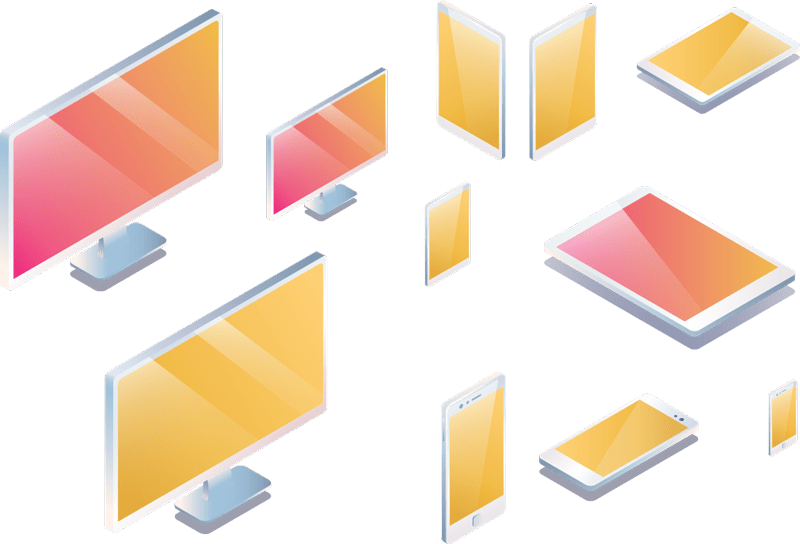
IQ Fiber welcomes working news media inquiries and works to quickly respond to journalists. Reporters, editors, writers and journalists please contact:
Christina Cush, Director of Communications, IQ Fiber at christina.cush@iqfiber.com
IQ Fiber, a Jacksonville is deploying its high-speed, state-of-the-art network to Savannah, GA. Design and engineering work is complete, and...
Read MoreJacksonville’s Top Rated Internet Service Provider as ranked by Ookla® Speedtest® for the first half of 2024, announces it has...
Read MoreIQ Fiber announces it has completed its Phase 1 network deployment with new service now planned for Arlington, Ft. Caroline,...
Read MoreIQ Fiber, North Florida’s only local residential fiber- optic internet service provider, has activated its network in Gainesville and will...
Read MoreIQ Fiber co-founders Ted Schremp and Kim Smithers told The Sun in an interview on Thursday that they are in...
Read MoreIQ Fiber, North Florida’s only locally based residential internet service provider, has officially launched its 5 GIG internet service plan....
Read More
IQ Fiber welcomes working news media inquiries and works to quickly respond to journalists. Reporters, editors, writers and journalists please contact:
Christina Cush, Director of Communications, IQ Fiber at christina.cush@iqfiber.com
The internet is the heartbeat of the modern home. We’ve come to rely on it for work, education, entertainment, and shopping. Fiber is the best solution to provide internet because it is:
Symmetrical speeds are when upload and download speeds are equal. Older mediums like cable and DSL are asymmetrical, meaning you aren’t able to upload data as quickly as you can download it. When your speeds are symmetrical it means video calls work better, video games play faster, and your photos upload in an instant.
Fiber-optic networks are built to transmit data through a thin fiber glass strand using pulses of light. Because each strand is dedicated to each home, there is no sharing of bandwidth between neighbors. In addition, fiber-optic networks need very little electrical power to operate. The data is transmitted at the same speed to the home as it is away from the home with very little lag. Fiber-optic networks are the fastest and most reliable home internet technology available today.
5G is a form of wireless broadband delivered using nearby cell towers while fiber-optic internet is connected directly to your home. FTTH (fiber to the home) connections provide dedicated bandwidth while a 5G shares bandwidth with your neighbors. Though 5G wireless is great for mobile devices when you aren’t home, fiber-optic is much faster and more reliable to use for the many connected devices within your home.
Yes. In most cases you will be able to keep your existing services. However, once you move to our services, you’ll have enough speed and bandwidth to manage all your services over the internet. It’s also easy to move to a voice-over-internet-protocol (VOIP) service like Google Voice or Vonage where you can keep your phone number. You always have the option to remove your home phone altogether in favor of using your cell exclusively instead. Most national security monitoring companies offer “cut the cable cord” services with faster response times than a landline can offer.